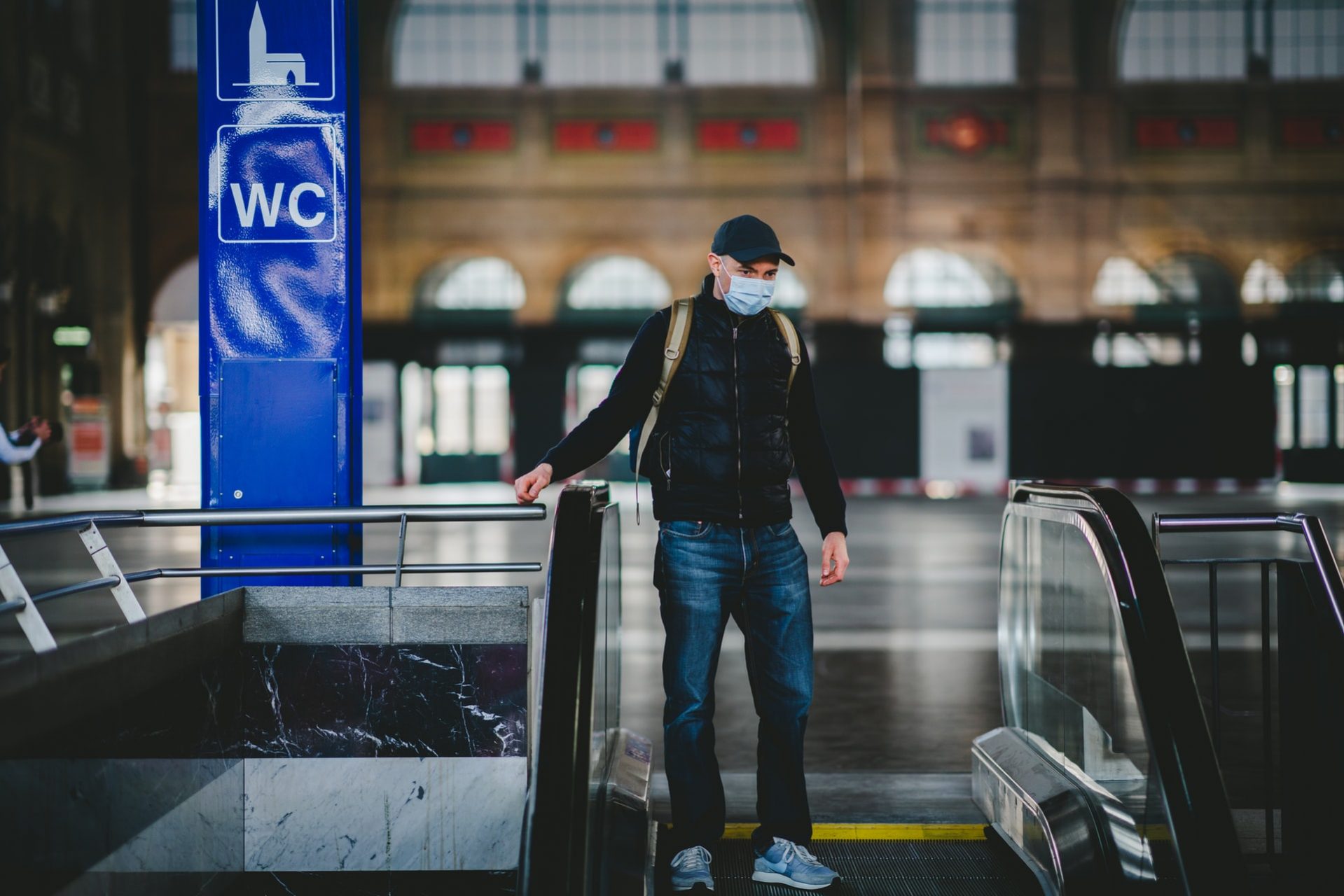PhD students Ricky Green and Mikey Biddlestone and Professor Karen Douglas have conducted research that found when people are presented with the idea of a Covid-19 “immunity passport”, they show less willingness to follow social distancing and face covering guidelines. However, this willingness seems to return when people read more cautious information about Covid-19 immunity.
Asking participants from the UK and USA to imagine they had either recovered from Covid-19 or were currently infected, participants asked to imagine that they had recovered were also presented with information regarding “immunity passports” and cautious versus incautious Covid-19 immunity information. Cautious information emphasised that past infection does not equal immunity whereas incautious information argued that past infection does equal immunity.
The research published by the Journal of Applied Social Psychology showed that for people asked to imagine past Covid-19 infection, reading about “immunity passports” was associated with lower social distancing and face covering intentions. Participants who then read incautious immunity information reported even lower intentions. However, when participants were presented with cautious immunity information these negative effects vanished. People asked to imagine that they were infected reported higher social distancing and hygiene intentions.
Lead researcher Ricky Green said: ‘People who suspect they have previously had Covid-19 show less willingness to follow pandemic guidelines, presumably because they assume they have become immune to the virus since they were infected. This is concerning because social distancing guidelines are in place to protect others as well as oneself, and the exact nature of infection-acquired immunity is still not clear.
‘This research suggests that early public announcements surrounding immunity passports, without prefacing them with cautious information about the unclear evidence on Covid-19 immunity, may have undermined efforts to promote virus-mitigating behaviours. Focusing on “acting like you have it” appears to be helpful in encouraging better public behaviour.’
The research paper, ‘A call for caution regarding infection-acquired COVID-19 immunity: The potentially unintended effects of “immunity passports” and how to mitigate them’ is published by the Journal of Applied Social Psychology: doi: 10.1111/jasp.12779.

